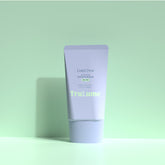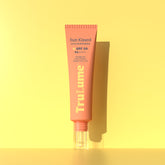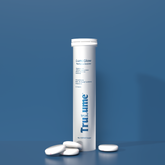Managing Sweat and Body Odor Safely
Hey there! We all know that a little bit of sweating is natural, but if it turns stinky out there, things can get difficult! Don’t worry, though! You can easily manage both the sweat and body odor. Let us dive in to know more.
What are some tips to reduce body odor?
Let us look at some tips to reduce body odor.
- Have a shower: Sweat does not smell. However, bacteria mixed with sweat can contribute to body odor. Hence, make sure to wash areas that are likely to sweat more. These might include the underarms, the area under the thighs, hands, feet, back, and chest.
- Antibacterial soaps to the rescue: Since bacteria are the root cause of body odor, how about fighting against it? Use antibacterial soaps while having a shower to get rid of bacteria.
- Dry off using a towel: Once you are finished showering, wipe off the water with a dry towel. Dry areas can reduce the risk of bacterial breeding.
- Use a good antiperspirant: Use a good antiperspirant on your underarms (or the areas you specifically sweat). Zirconium and aluminium-based compounds can act as good antiperspirants.
- Use clean and dry clothes: Make sure to change your clothes once you start sweating (specifically after a workout). This can help reduce body odor. Also, use clothes that wick sweat away from your skin.
- Employ deodorant powders: Shoes and socks can contribute to odors, especially during the summer. You can add deodorant powders to your feet and soles to keep the odour down.
- Remove body hair: Body hair tends to trap sweat and odor. Make sure to shave or wax hair, especially in areas that sweat (for instance, underarms).
- Reduce weight, if overweight: Excess body mass requires more sweat glands to work to regulate body temperature.
Why is it important to pay attention to diet?
The food we eat can also promote sweat and body odour. Consumption of excessive spicy or oily foods can make your sweat smell. Consuming foods with a strong odor, like garlic or onions, can cause it too.
What are night sweats?
Night sweats would mean excessive sweating in the middle of the night. Excessive perspiration in the middle of the night can interfere with sleep. Often, night sweats are observed in individuals suffering from menopause, an overactive thyroid gland, sleep apnea, anxiety, etc.
Tips to deal with night sweats:
Let us look at a few ways to manage night sweats:
- Use fans, coolers, or an air conditioner in the bedroom to make the temperature more comfortable.
- Use dry bed sheets and pillow covers (possibly made of cotton).
- If the issue is getting worse, stay in touch with a doctor.
When to consult a doctor?
If you start sweating too much (which hampers your daily life) or observe a strange body odor, consult a doctor. For instance, a fruity odor could indicate diabetes. You know the tips to manage sweat and odor now! So stay fresh and walk on with confidence and a smile.












